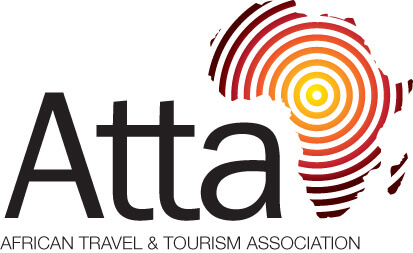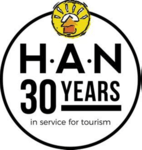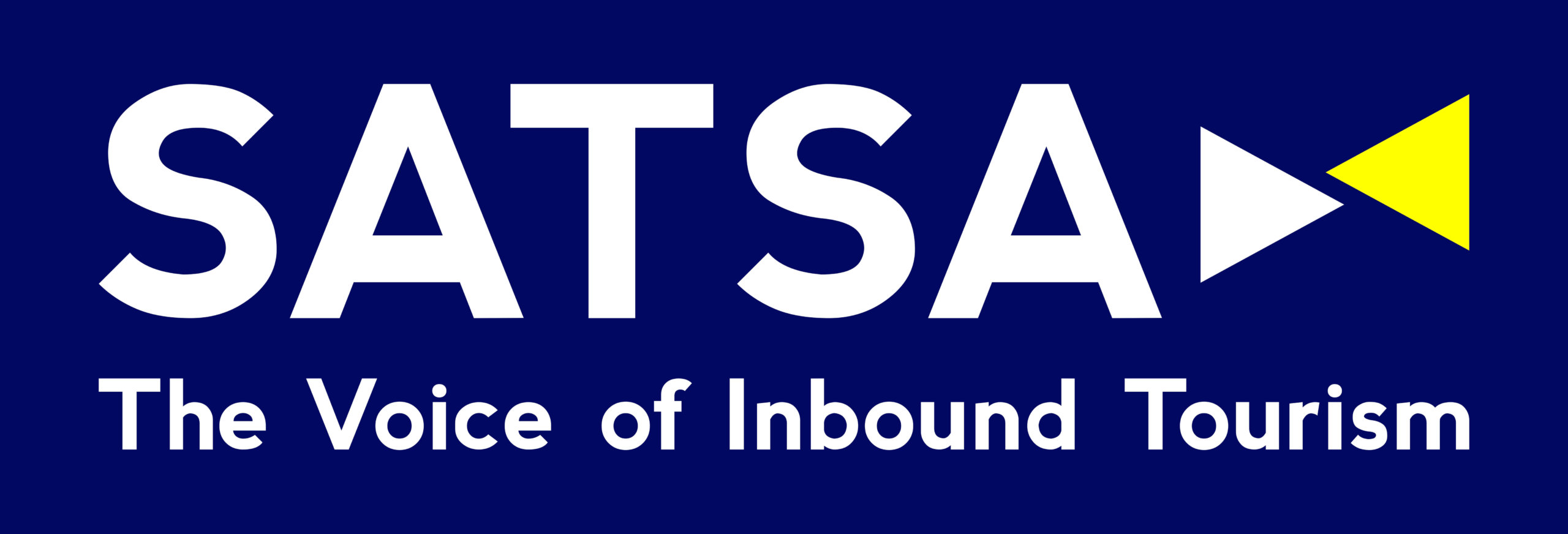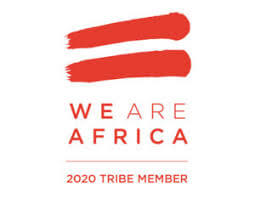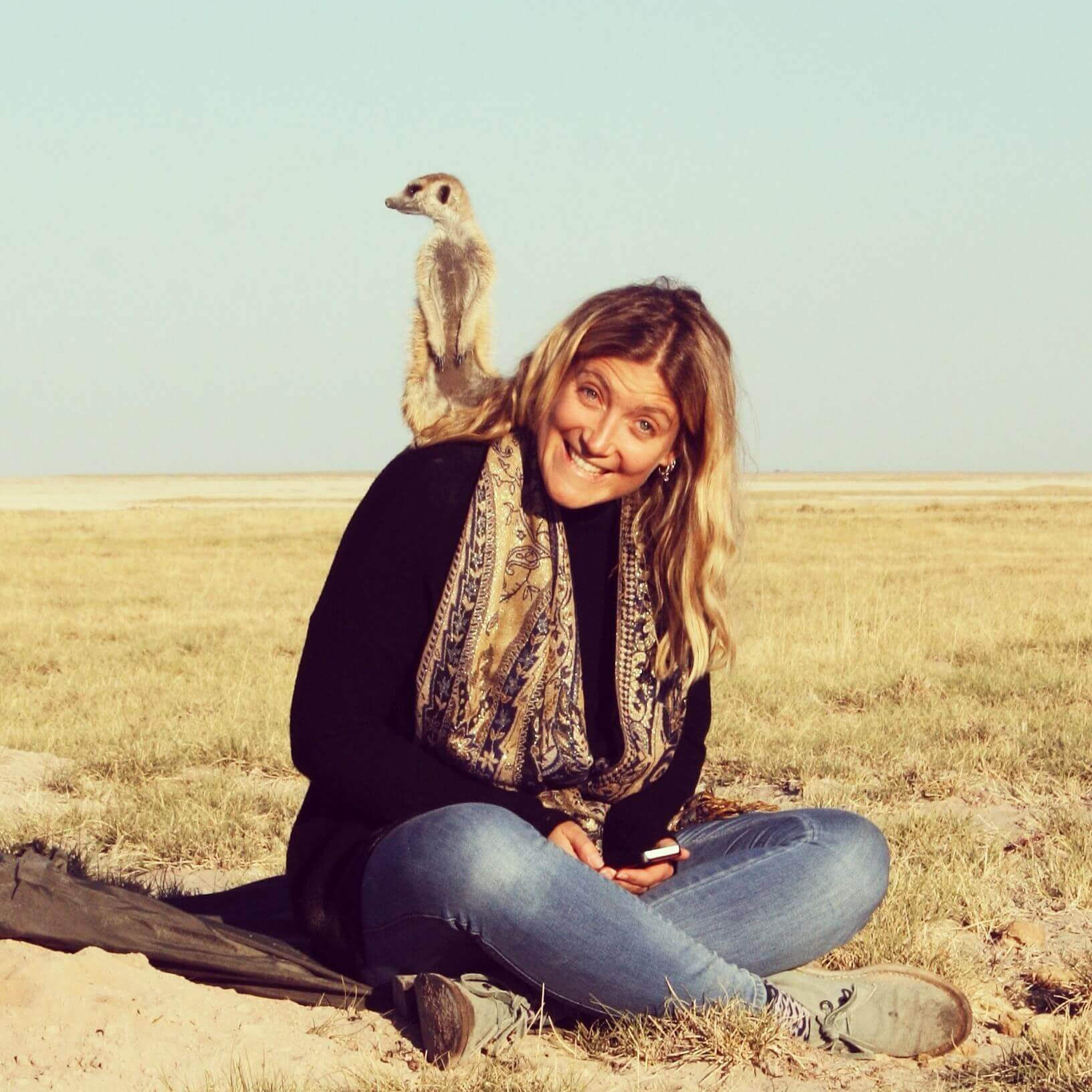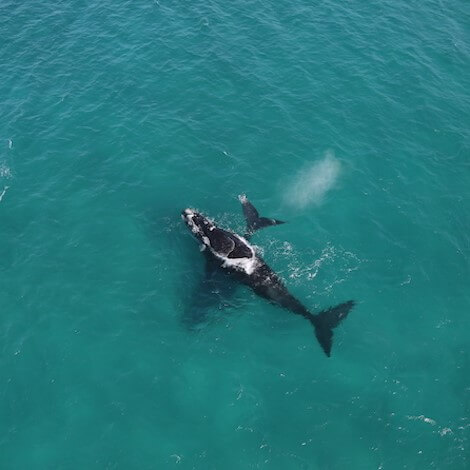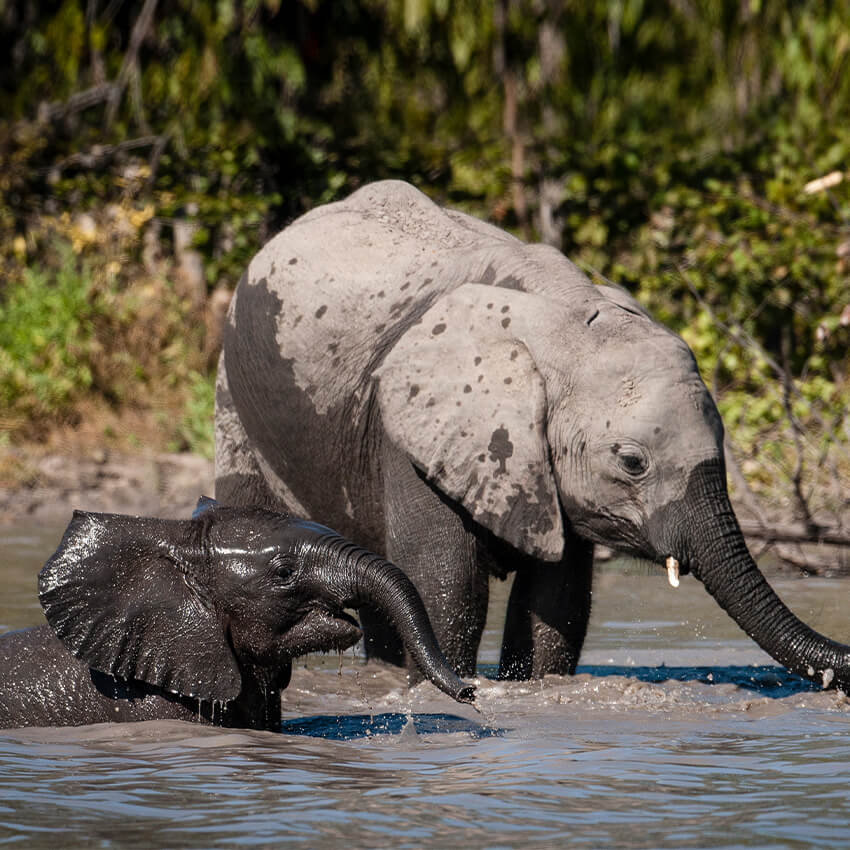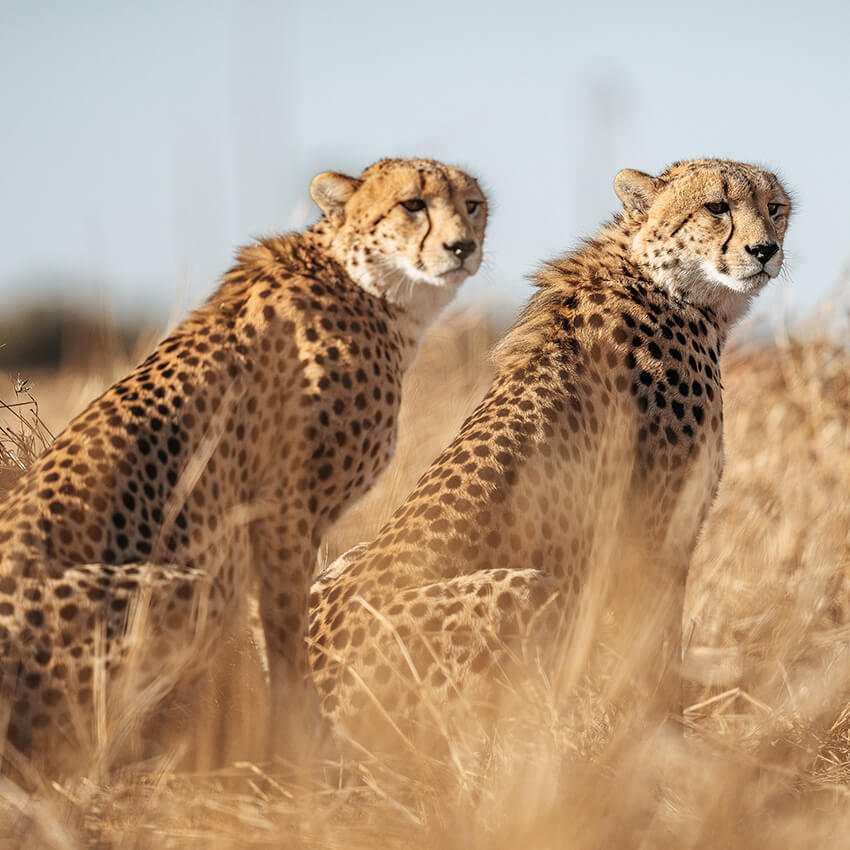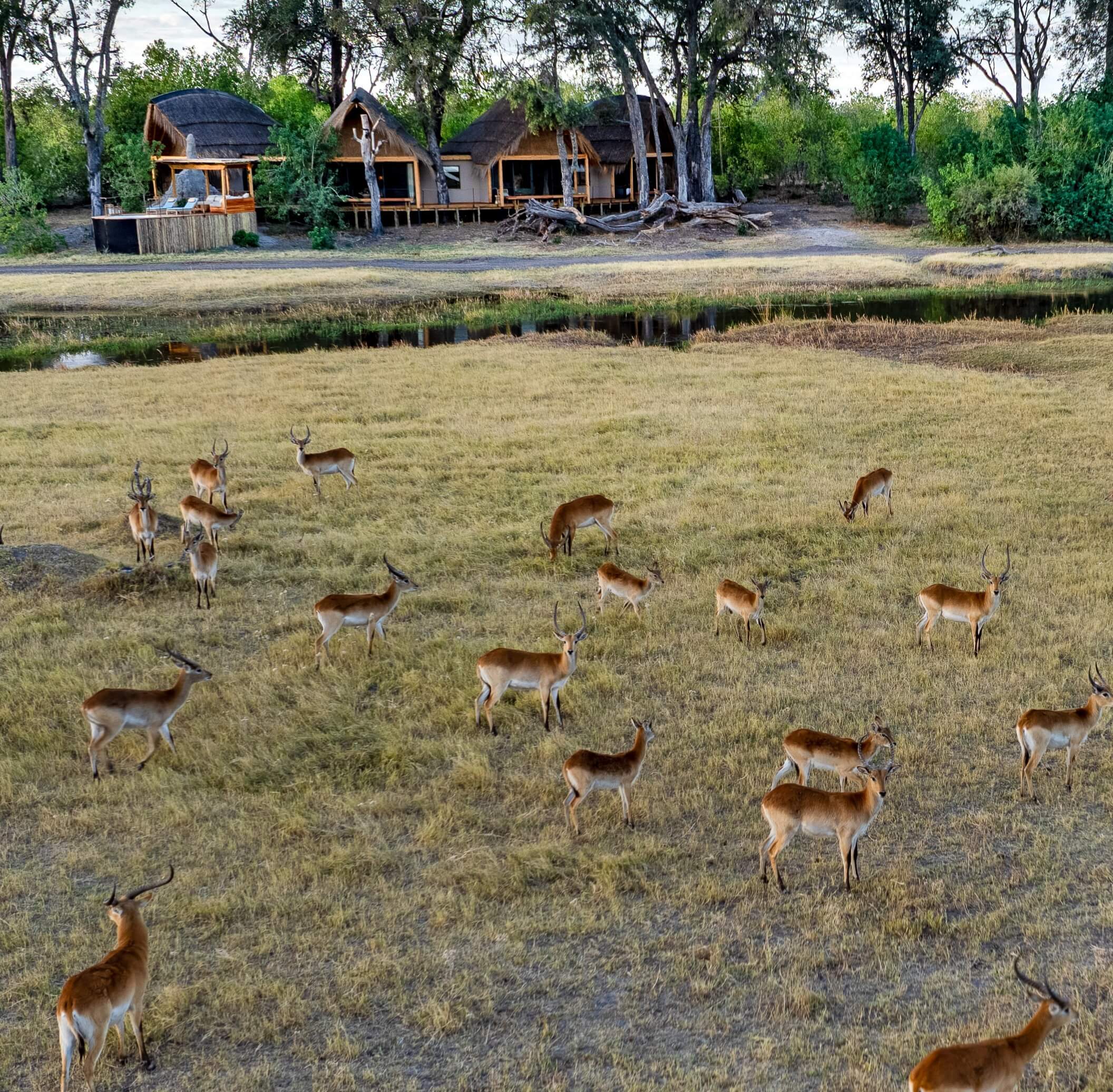Active
Popular
World Rhino Day
 Murray McCallum
Murray McCallum
 September 21, 2020
September 21, 2020
World Rhino Day happens to fall on 22 September (spring equinox) and is the day of the year when day and night are equal length – a tipping point so to speak, and a fitting date to bring attention to the precarious plight and status of rhino, of which there of five distinct species.
Many would argue that the plight of rhino is well beyond the tipping point, with global populations declining from an estimated 500,000 rhinos at the beginning of the 20th century to current day estimates of approximately 27,000 rhinos remaining in the wild. The decline can be attributed to extensive trophy hunting in the colonial era and the continued pressures of habitat loss and degradation, as well as poaching pressures as a result of the illegal rhino horn trade between Africa and Asia. Poaching continues despite rhino horn trade being banned under the Convention on International Trade in Endangered Species (CITES) since 1977. The demand appears to be primarily from its use in traditional medicine (although there is no scientific evidence that keratin found in the horn has any health benefits) as well as the use of rhino horn as a status symbol. Ironically, the perceived increase in status of the individual, directly diminishes the status of the rhino itself.
There have been success stories of course! In Africa, southern white rhinos, went from the brink of extinction 100 years ago to more than 20,000 today. They now thrive in protected sanctuaries and are classified as near threatened. Black rhinos (although still critically endangered) have doubled in numbers over the past two decades from their low point of approximately 2,500 individuals. Total numbers are still a fraction of the estimated 100,000 that existed in the early part of the 20th century.
The solutions to rhino conservation are not necessarily black and white, but Natural Selection play an important role in securing a better future for black and white rhino. This is achieved by committing 1.5% of every guest’s stay at Natural Selection camps to regional conservation initiatives, and some of the Namibian initiatives are directly supporting antipoaching activities which include dehorning of rhino and intensive monitoring and surveillance by antipoaching units. In addition, Natural Selection are custodians of concessions which provide a safe haven for rhino populations.
When you stay at one of the Namibian Natural Selection lodges, you can sleep well knowing that you are making a positive impact in rhino conservation.
Special Offers
Our special offers are designed to help you experience everything southern Africa has to offer whilst also saving some all-important pennies. Whether you’re about to embark on a once-in-a-lifetime solo trip, or are celebrating a special occasion, have a peek at our offers and see what could be in store for you.
